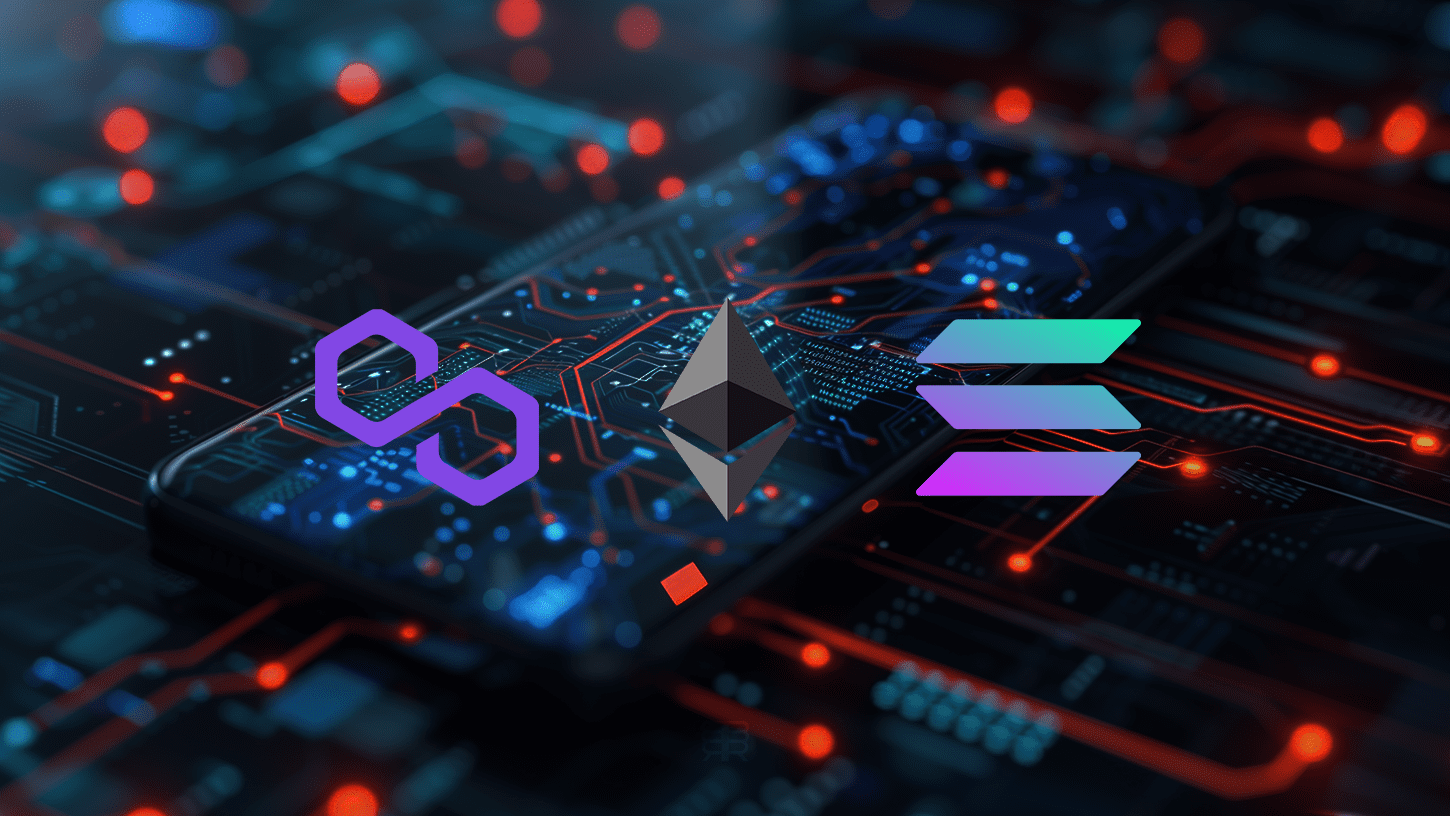OpenAI Faces Growing Backlash Over Teen Safety After Tragic Incidents

OpenAI, the company behind ChatGPT, is under intense scrutiny from U.S. state attorneys general after devastating incidents linked to its AI chatbots raised urgent questions about child safety.
California Attorney General Rob Bonta and Delaware Attorney General Kathy Jennings have issued a stern warning to the company, declaring that “harm to children will not be tolerated.” Their letter follows alarming reports that two tragic cases, a suicide in California and a murder-suicide in Connecticut, may be connected to prolonged interactions between minors and OpenAI’s chatbot technology.
Tragedy Exposes AI Safety Gaps
The attorneys general pointed out that, despite OpenAI’s existing safeguards, they failed when needed most. “Whatever safeguards were in place did not work,” they wrote. The cases highlight a growing concern: while AI tools like ChatGPT have been celebrated for their potential, they may also pose risks when used by vulnerable groups, especially teens struggling with mental health.
Attorneys General Probe OpenAI’s Mission
Beyond immediate safety concerns, Bonta and Jennings are also investigating OpenAI’s ongoing transition from a nonprofit to a for-profit structure. They emphasized that the company’s original mission, to ensure that artificial intelligence benefits all of humanity, particularly children, must remain intact.
“The industry is not where it needs to be in ensuring safety in AI products’ development and deployment,” the letter stated. Attorneys general pledged to work with OpenAI but made clear they expect swift remedial action and greater transparency about current safety protocols.
OpenAI Responds With Promises of Stronger Protections
Bret Taylor, chair of the OpenAI board, issued a statement acknowledging the seriousness of the situation:
“We are heartbroken by these tragedies, and our deepest sympathies are with the families. Safety is our highest priority, and we are working closely with policymakers around the world to address these concerns.”
OpenAI outlined steps already underway to strengthen protections for younger users, including:
- Parental controls to give guardians oversight.
- Alerts for parents if a child shows signs of acute distress during chatbot interactions.
AI Regulation Intensifies
This confrontation underscores a broader challenge for the AI industry: balancing innovation with safety and ethical responsibility. As AI tools become more powerful and integrated into daily life, regulators are signaling they will not hesitate to step in if companies fail to protect vulnerable populations.
For OpenAI, the fallout could extend beyond reputational damage. Its restructuring, product governance, and long-term vision for artificial general intelligence (AGI) may all face heightened legal and regulatory pressure.
The debate on AI safety, particularly for children and teens, is intensifying rapidly. While OpenAI works to expand safeguards, attorneys general across the U.S. are making it clear that accountability is non-negotiable. With AI adoption accelerating worldwide, this case could set the tone for how regulators hold technology firms responsible for protecting society’s most vulnerable users.






